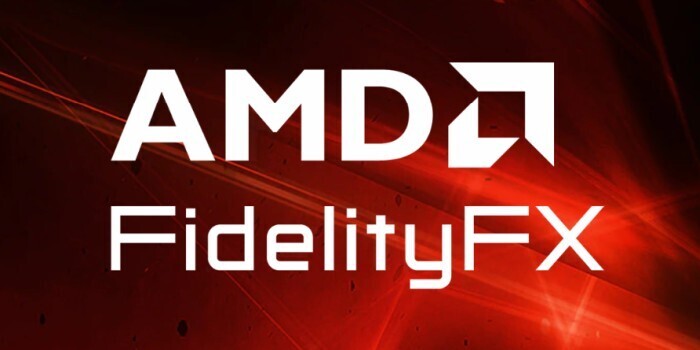Following the previous Radeon GPU Detective program, the company introduced a development called Breadcrumbs.
AMD released version 1.0 of Radeon GPU Detective in the summer of last year, after which it also received a release for the Vulkan API. The development quickly gained great popularity among developers. Since the debugging layer of the mentioned APIs is very useful when it comes to general debugging, but when it comes to issues arising from within the graphics subsystem, it is often difficult to pinpoint the problem precisely. Radeon GPU Detective helped with the latter, completing the debugging layer for the APIs in question, providing the most accurate data possible to developers to quickly detect software errors.
AMD has just presented its development called Breadcrumbs, which complements the DRED (Device Extended Data Removed) function belonging to the DirectX 12 API, because the latter only works at the level of API calls, that is, its details are not good enough. Breadcrumbs, on the other hand, is able to correct errors at the level of resource lists.
Essentially, Breadcrumbs can pretty much do what Radeon GPU Detective does, but there are two key differences. Among other things, Breadcrumbs requires modification of the program code, since the support must be integrated directly into the video game engine, but at the same time it is completely tied to the DirectX 12 API in the standard way, so in return it is not tied to the Radeon GPU, that is, none of the resources Support for the above APIs that are fit for purpose.
Thanks to the innovation in the FidelityFX SDK, developers will be able to correct errors at the Radeon GPU Detective level without needing the necessary hardware for the latter, so software development can be somewhat informal.












































